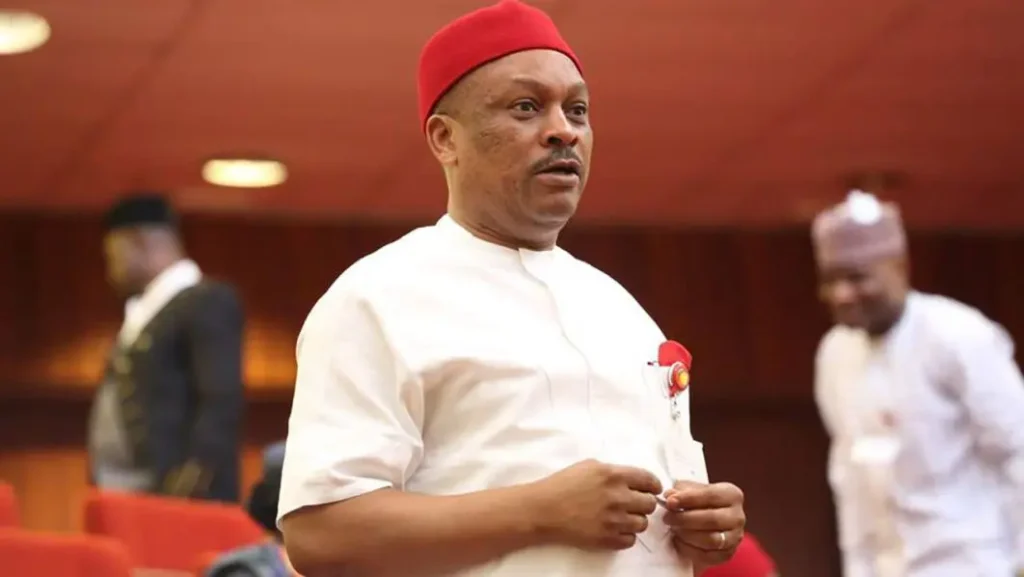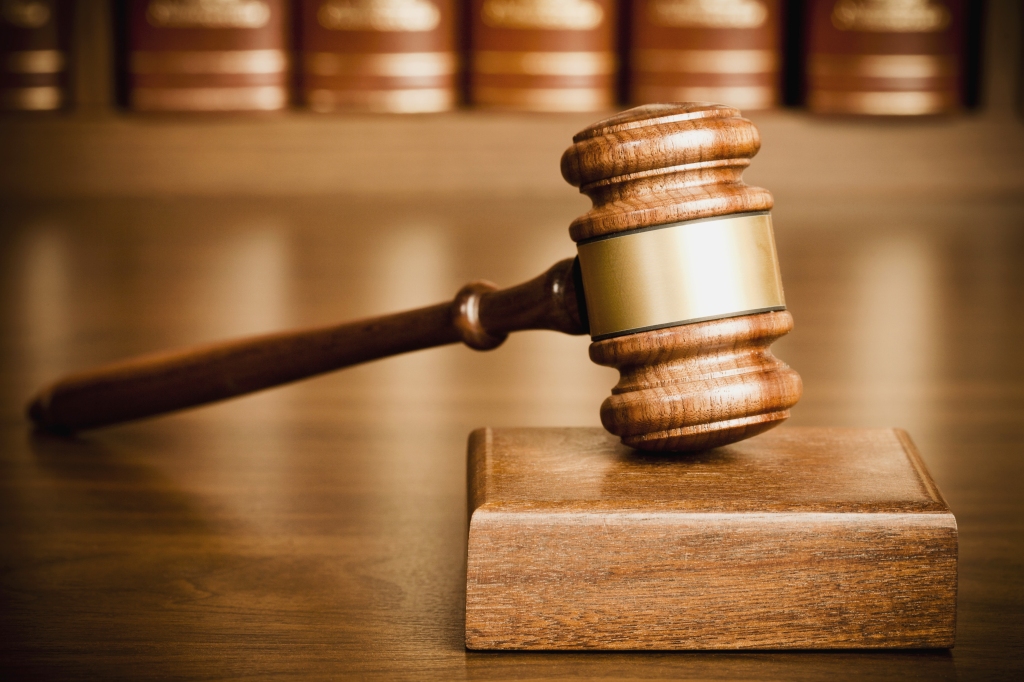South Africa’s government of national unity is facing a tumultuous time, marked by rising tensions and internal conflicts. The Democratic Alliance (DA), the country’s second-largest political party and a member of the ruling coalition, has submitted a complaint against an African National Congress (ANC) minister, accusing her of corruption. This move comes on the heels of the coalition’s first anniversary, which was marked on July 1.
The Government of National Unity (GNU) was formed after the ANC failed to secure an absolute majority in parliamentary elections for the first time. The coalition has been plagued by internal disagreements, particularly regarding the budget. The latest dispute involves the Minister of Higher Education, Nobuhle Nkabane, who is accused of misleading Parliament to appoint individuals associated with the ANC to educational boards. The DA claims that “corruption in the executive has become a standard practice under Cyril Ramaphosa’s presidency.”
The DA’s complaint also mentions that a police investigation into corruption involving another ANC minister, Thembi Simelane, is currently underway. Simelane was reassigned to the Ministry of Housing last year after revelations of her involvement in a corruption scandal. The DA’s actions are seen as a mixed strategy, intensifying criticisms of the ANC while choosing not to exit the government.
Tensions within the coalition escalated last week with the dismissal of a DA minister, Andrew Whitfield, due to an unauthorized trip abroad. The DA announced its withdrawal from the “national dialogue” initiated by President Cyril Ramaphosa to address the country’s issues, shaking the GNU ahead of its first anniversary. According to Baxolile Nodada, a member of parliament from the DA, “We are taking action because the president of the country, the president of the ANC, refuses to act against corrupt ministers.” Nodada added that one of the reasons the DA joined the national unity government was to “ensure that we fight against corruption.”
The DA’s ambivalent strategy has been noted by political analyst Sanusha Naidu, who states that it “highlights the limitations of political alliances in South Africa.” As the coalition navigates its internal conflicts, the country’s citizens are left to wonder about the future of the government of national unity. With the DA refusing to leave the coalition despite condemning corruption, it remains to be seen how the situation will unfold. One thing is certain, however: the coming days and weeks will be crucial in determining the fate of South Africa’s government of national unity.


![dbanj: mr real apologizes over cream platform comments Mr Real makes U-turn, apologizes to D'banj over viral remark about CREAM platform [VIDEO]](https://mediatalkafrica.com/wp-content/uploads/2026/01/xDbanj-Mr-Real-apologizes-over-CREAM-platform-comments.jpg.pagespeed.ic.hFMewuAGJX.jpg)
